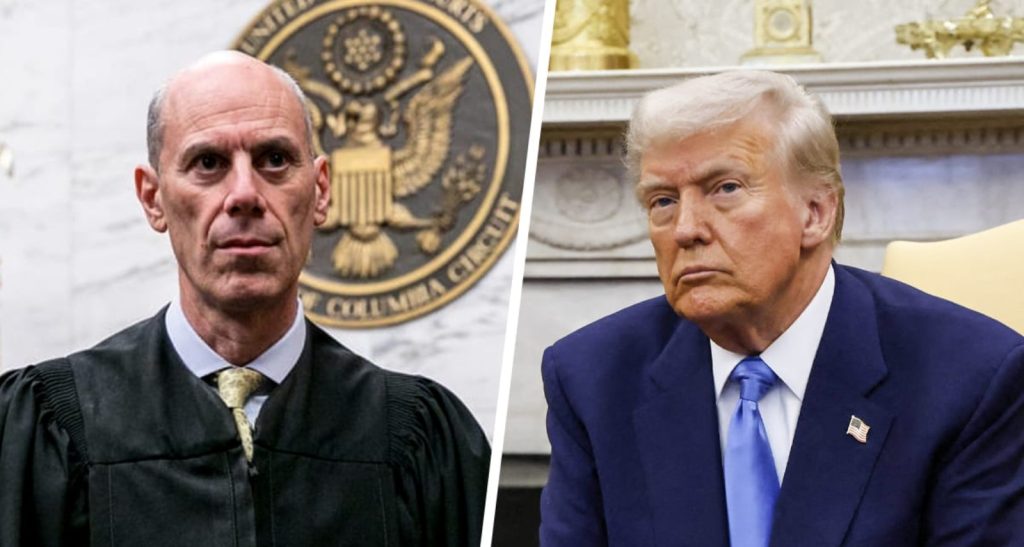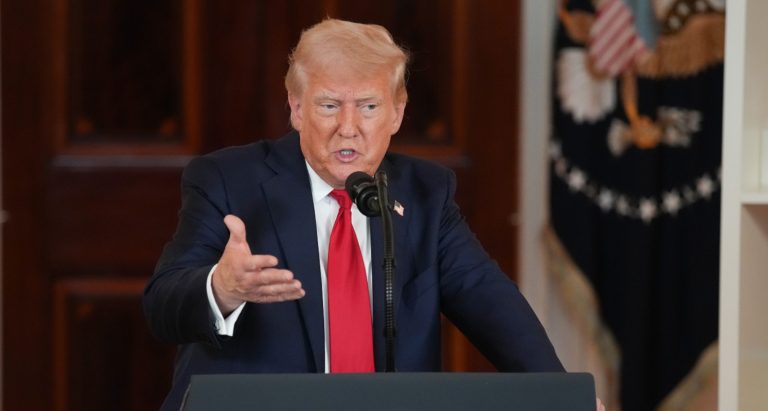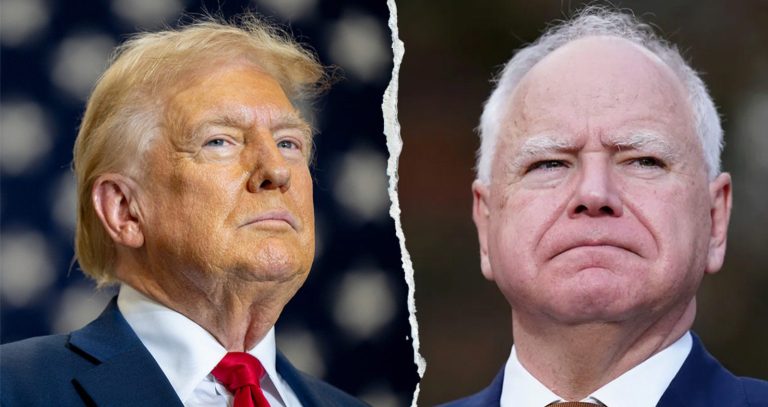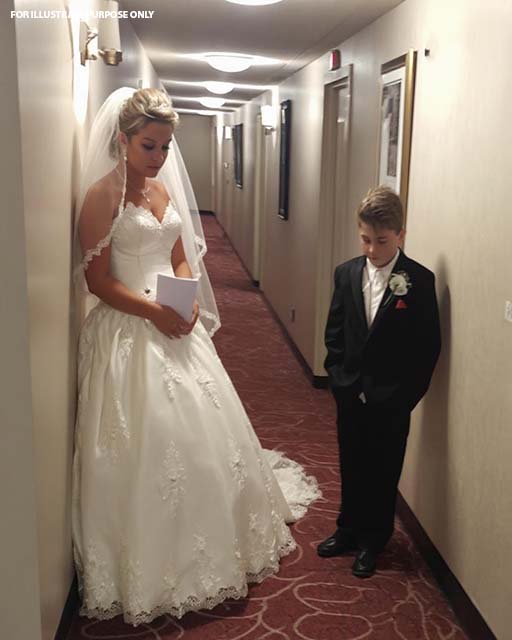
U.S. District Judge James Boasberg sharply questioned Trump administration attorneys on Thursday over whether they violated a court order blocking deportations under a wartime immigration statute, thereby raising the possibility of contempt proceedings.
The dispute centers on the administration’s use of the 1798 Alien Enemies Act to deport Venezuelan nationals, including suspected members of the violent Tren de Aragua gang. During the hearing, Boasberg pressed Deputy Assistant Attorney General Drew Ensign on why the government appeared to disregard an emergency injunction issued last month to halt those deportations, Fox News reported.
While the administration has appealed the case to the Supreme Court, Boasberg is currently considering whether there is sufficient evidence to pursue contempt—a decision that remained unresolved following the tense courtroom exchange. “Boasberg said he would issue a decision as early as next week on how to proceed if he finds grounds to hold the administration in contempt,” Fox added.
During the hearing, Boasberg repeatedly pressed Ensign for details on who within the Trump administration had knowledge of the deportation flights and when exactly the three planes departed U.S. soil for El Salvador, Fox reported. On that day, at least 261 migrants were deported, including over 100 Venezuelan nationals removed “solely on the basis” of the law that had been temporarily blocked by the court.
“You maintain that the government was in full compliance with the court’s order on March 15, correct?” Boasberg asked Ensign.
Ensign said yes, to which the judge responded: “It seems to me the government acted in bad faith that day.”
“If you really believed everything you did that day was legal and would survive a court challenge, you would not have operated the way that you did,” Boasberg claimed.
Judge Boasberg repeatedly questioned Ensign about his knowledge of the deportation flights and whether any related materials were classified, which could have invoked state secrets protections.
Government attorneys have declined to disclose details in court about the flights—specifically, whether one or more planes carrying migrants departed U.S. soil after the judge had issued an order blocking the removals—citing national security concerns.
However, Ensign suggested that classification may not have been a factor. He told Boasberg the flight information was likely not classified, leading the judge to openly question why it hadn’t at least been provided to him in a private, ex parte briefing.
“Can you think of one instance where the state secrets privilege was invoked using unclassified info?” he asked Ensign, who struggled to respond.
“Pretty sketchy,” Boasberg said aloud in response.
Another key focus of Thursday’s hearing was the timeline—specifically, when President Donald Trump signed the proclamation authorizing the use of the Alien Enemies Act, and when federal agents began boarding migrants onto planes bound for El Salvador.
Boasberg pointed out that the administration began loading the planes on the morning of March 15, several hours before the flights departed U.S. soil.
“So then it’s not crazy to infer there was prior knowledge and actions ahead of the Saturday night deportations?” he asked Ensign.
The judge pressed Ensign for specifics on who was aware of the deportations, demanding names, locations, and the agencies involved. He also inquired about internal discussions with other administration officials who may have been monitoring the court proceedings at the time.
“Who did you tell about my order?” Boasberg asked. “Once the hearing was done, who did you tell?”
Ensign stated that he conveyed the information to contacts at the Department of Homeland Security and officials from the State Department, as well as others, Fox noted.
At Boasberg’s request, Ensign listed the names of the individuals involved, which the judge carefully wrote down on a notepad, occasionally pausing to confirm spellings or ask for their official titles.
The hearing is the latest development in a series of legal challenges surrounding the Trump administration’s use of the Alien Enemies Act. It follows Boasberg’s earlier order demanding an explanation from officials as to why they failed to halt the deportation flights—and whether they knowingly violated the court’s directive.
Boasberg informed both parties that they would reconvene next week for arguments on the plaintiffs’ preliminary injunction motion, scheduled for Tuesday.




